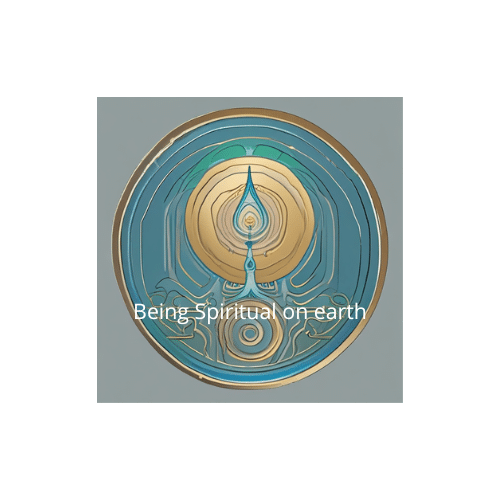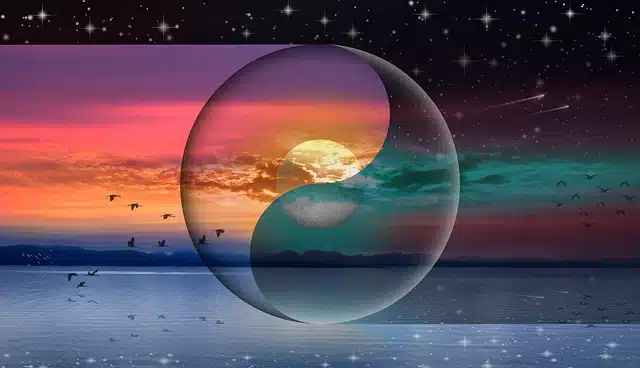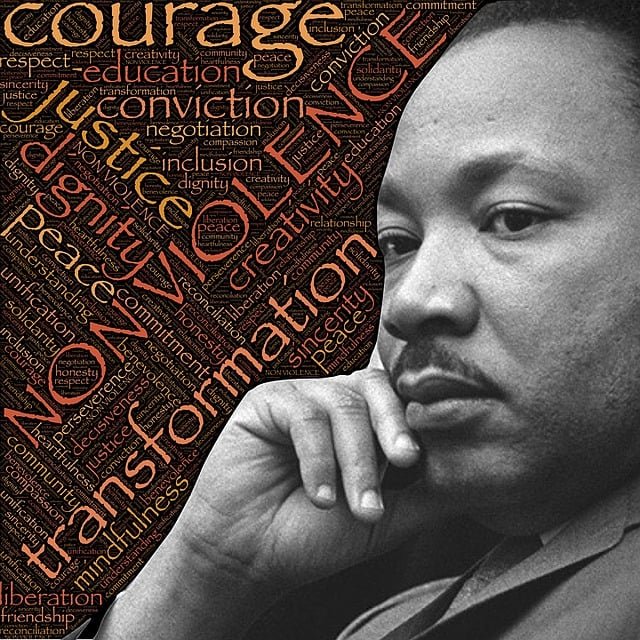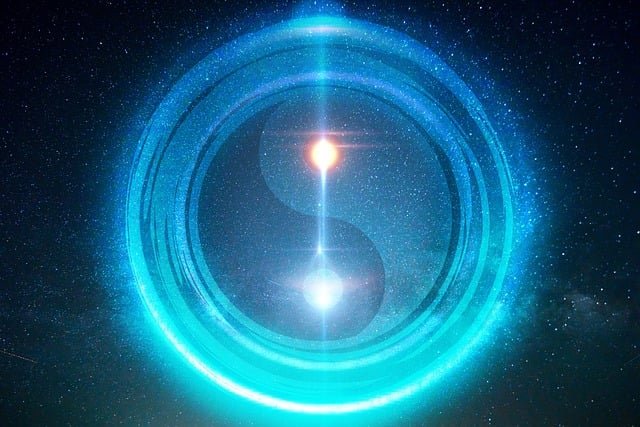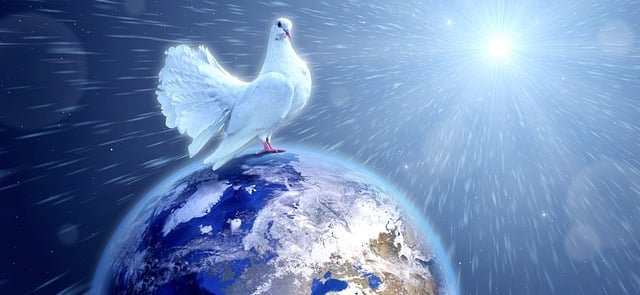Knowing the Seven Rays- 6th Ray- Karma and Relationships

In this post I am writing about another aspect of the 6th ray, karma and human relationships. You can read more about the 6th ray and karma in my previous post.
Assuming Responsibility for Other People’s Choices or Behaviours
Human psychology is a complex subject. When we are children, we tend to focus on us as if we were the centre of the world and think that, around us, what happens is the effect of something in ourselves, we think that we are the cause of what happens in the world. Psychology calls this the narcissistic phase.
In many people, this tendency remains, until later in life, in the form of feeling responsible for what a certain person around us is doing , the choices he or she is making, etc..
This is very evident if we are a parent, and, and for example, our child – although already an adult – does something that we see as being “wrong”. We ask «what could I have done to prevent this? » and feel guilty about it, thinking that something about the way we raised him was «wrong» and we «should have done better».
This is just a sample of the many intricate «reasons» we find to «explain» the behaviour of people close to us.
Another common pattern is to think that, if someone is having an horrible behaviour towards us, or is angry with us- even when we don’t find any «reasonable cause» for that behaviour, we take that personally and ask: « but why is this person doing this to me? I haven’t done anything that can explain his/her behaviour.
The truth is that this kind of people’s behaviours and «reasons» given, are the result of the fact that many of us didn’t surpass the narcissistic phase of childhood, by which we see ourselves as the centre of the world and as the «cause» of anything that happens around us.
This is an expression of the «magic thinking» and we need to get rid of it, if we want to have more harmonious relationships with others.
Transcending the Focus in the Identity as the Centre of the World
The Masters have been teaching us about the selves we create when we react to something in the world, in most cases , we created those selves a long time ago and even many lifetimes ago, when we came to Earth and experienced some severe traumas.
After a long time, we are not at the same level of consciousness that we were at when we created these selves to respond to the situations we found. But, nevertheless, every time that a similar situation arises, that’s the same self, created long ago, that reacts, with the level of consciousness we had at the time.
That’s why these kinds of mechanisms hinder our progress and keep us in a intricate web of karma with people we relate to. And this is because we keep repeating that pattern again and again in our relationships with other persons.
And if we want to be free of these limitations, we must see the selves and the beliefs that support them in a subconscious level and let them die, by consciously saying »I recognize your unreality, I am not you and you are not me and I don’t want you in my stream of consciousness, I am letting you die».
The Masters are peremptory when they say that freedom is the most basic law on Earth. We are not responsible for the choices of others and, if we try to change others because we think that we «know better» than them «how they should be or behave», we are creating karma for ourselves and karma in relationships.
If we see someone doing anything we find destructive- even if they try to destruct us- and try to change their behaviour by manipulation or by force, we are violating the free will of that person and we create karma for ourselves for that.
But, in the same way, if they do it to us, they also create karma for themselves.
Growing by Letting Go the Reactionary Patterns of Behaviours
If someone attacks another human being and hurts that person, a common reaction in many people is to think that «I must have done something to deserve this»; this is also a very old psychological tendency, ingrained in humankind’s collective consciousness. And it is the cause of the many compulsory behaviours to «compensate».
This mechanism has roots in the also very ancient psychological tendency to personalize the behaviours of others that affect us: to think that the person who hurts us is doing this personally against us. But the reality is, that this is not an accurate perception.
The person who hurts others is immersed in his own reactionary mechanisms, losing control, most of the time, of what is really doing. His behavior is compulsive and irrational. And we are not responsible for the psychological problems of others. We must learn to accept this simple truth.
In the words of Master Nada in her book [1]:«I am not going to allow myself to feel responsible for other people’s psychological issues.”
In this way, we need to free ourselves from reaction patterns that lead us to feel responsible for the behaviors and choices of others.
We also need to free ourselves from the internal self that feels guilty for the anger with which someone addresses us and accuses us of something, without there being any visible justification.
In short, we need to free ourselves from all toxic relationships with people who do not want to change the way they relate to us and renounce the idea that we could change them. In fact, we can’t change anyone because we respect their free will and don’t want to make unnecessary karma for ourselves nor karma in relationships.
When we free ourselves of the subconscious selves that make us react to other people in an unhealthy way, we find, many times, that these people disappear from our lives: having resolved the reactionary patters with these persons, the karmic strings between us are also gone and we are freer to establish healthy relationships with others.
And with that, we can depersonalize our relationships with others, by not answering with reactionary patterns to what they do or say to us, becoming neutral, not reacting nor feeling powerless in front of people who are trapped in their psychological reaction mechanisms, unable to relate to others on a higher level.
But it is their problem, not ours. For us the lesson to learn is this: I don’t want to act in the world with the same level of consciousness I was at in a distant past; I am a free being and I am not the same person I was, so I want to respond with the level of consciousness I am at now».
For some people this approach can be seen as harsh or not compassionate. Some people think that the best way to help others is to try to change them «for the better.
But the reality is, we don’t know what is better for other people; and we also cannot override other people’s freedom and force them to do what we want.
We are free beings. But others are free too. And, many times, other people choose to be what we think is not constructive. But we don’t have any absolute truth to know «what is better» for another person. So, we let the person choose what he /she wants.
What we can do is to change ourselves. If someone we live with makes choices that we don’t want in our life, we can move away and let the person live as he/she wants.
We strive to interact freely with others, without carrying the reaction patterns created in a past that has long ceased to exist. With the innocence of a first glance about meeting another human being, without ghosts disturbing this encounter., so we can be free from karma in relationships.
[1] Mystic Initiations of Peace, dictated through the messenger Kim Michaels
